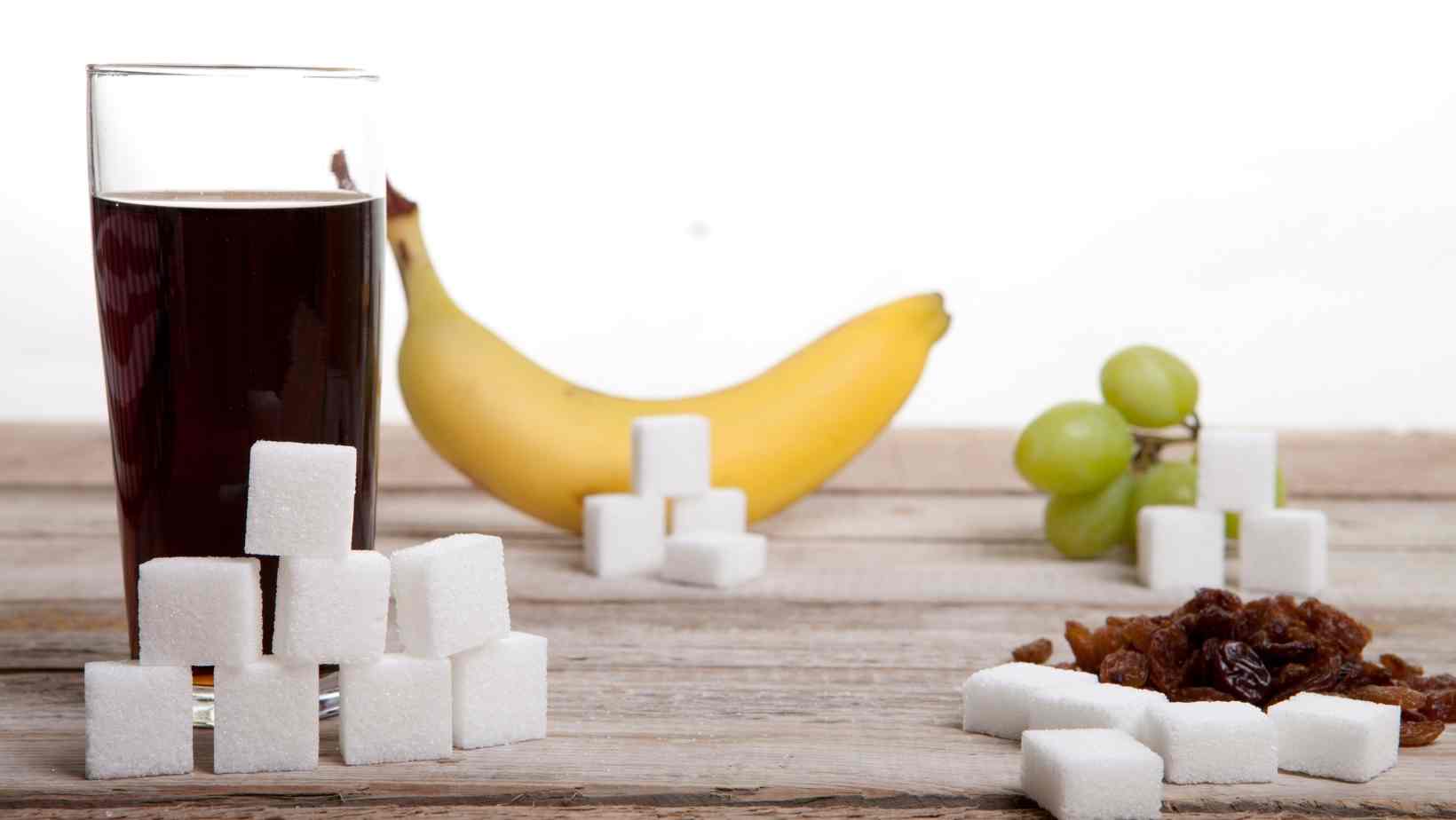If you're like the majority of Americans, you consume much more sugar than is healthy for you. In contrast, it is absolutely feasible to consume less sugar without losing much, if anything, in terms of the joys of eating. It may come as a surprise to some, but many individuals who have reduced their sugar intake report that their new eating habits are more joyful than their previous ones. You will learn why sugar is important, how to make wise food choices to limit sugar intake, and how to keep your life sweet even when you aren't eating as many sweets as you used to.

The Added-Sugar Controversy
Here's why you probably consume more sugar than you think, and why that's a serious issue.
One thing to keep in mind is that added sugars, in one form or another, maybe found practically everywhere in today's contemporary diet. They may be found in a variety of foods and beverages, including sandwich bread, chicken stock, pickles, salad dressing, crackers, yogurt, and cereal, as well as in more apparent meals and beverages, like soda and sweets.
The most serious issue with added sweeteners is that they make it very easy to overindulge. They're delicious and packed in calories, but they don't always leave you feeling satisfied. Instead, they may manipulate your appetite, making you need even more food. Unless we deliberately set out to do differently, we will consume excessive amounts of added sweeteners since they are there wherever we go: in our kitchens, in restaurants, in schools, and in our workplaces, among other places.
How did we get to this point?
It is not a coincidental occurrence. The sugar industry has waged an intense, decades-long effort to shift the responsibility for the obesity epidemic away from sweets and onto fats. After all, fats seem to have the potential to contribute to obesity. Sugar consumption in the United States increased as a result of that campaign, which occurred at a time when individuals were attempting to lose weight. The evidence, however, is increasingly pointing to an oversupply of simple carbs in general, and sugar in particular, as the most serious issue in current diets. In the fight against diabetes and obesity, sugar is the primary motivating factor. Fortunately, more and more individuals are becoming aware of the dangers of sugar and are reducing their intake.
What Should Be Cut
Health experts suggest that you concentrate on minimizing the number of additional sweeteners you consume, such as granulated sugar, high fructose corn syrup, honey, maple syrup, stevia, and molasses in your diet. You don't have to be concerned about the sugars found in fruits, vegetables, and dairy products since they are a natural component of these foods. According to Marion Nestle of New York University, the majority of individuals do not overindulge in naturally occurring sugars. The fiber, vitamins, and minerals that surround them help you to feel fuller for longer.

A normal adult should not consume more than 50 grams (or about 12 teaspoons) of added sugars per day, with a lower intake of 25 grams or less being preferable. To reach even the 50-gram level, the typical American would need to lower their added-sweetener usage by around 40%. You can do this without spending any more money on food than you currently do.
The Plan of Action
Changing your eating habits is difficult. If your method entails worrying about sugar all of the time — whether you're shopping or eating — you're more than likely to fall short of your goals. You'll also feel unhappy as a result of the experience. It is much more beneficial to develop a few basic principles and behaviors that become second nature over time.. (One option to explore is to eliminate all added sugars for one month, and then put back just the sugars you missed. ) It's not as difficult as it seems.)
Above all, the objective for the majority of individuals should be to discover a few easy, long-lasting solutions to reduce their intake of sugar. Once you've finished reading this guide, we recommend that you choose two or three of our suggestions and put them into action for a few weeks.




